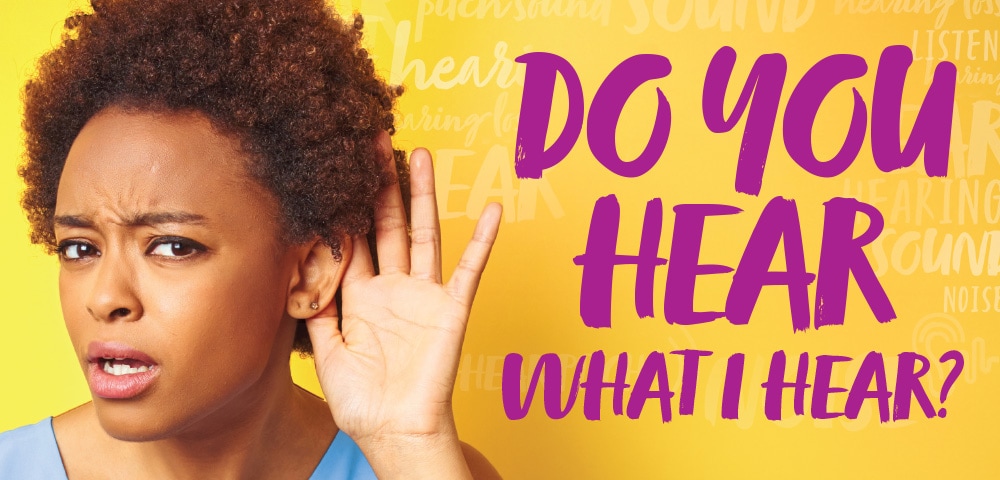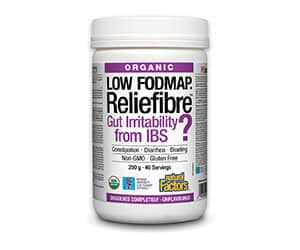
Most of us think that others hear what we hear. But this is not the case for everyone. For example, some people don’t hear pitch very well, while others hear different frequency pitches.
Part of this difference is because of the background noise in our brains, the brain acts as the mixing board for the noise. How the mixing board translates the sounds has a profound impact on our hearing. All of us have some level of background noise in our brains that increases with age.
Hearing loss and the related condition, tinnitus (ringing in the ears), are some of the most common chronic conditions in older adults that lead to problems with communication and interaction with others. In addition, hearing loss can cause reduced neurologic activity and atrophy in the parts of the brain that process speech and sound in general. It is the second most handicapping condition, second only to arthritis. There are many reasons for the various types of hearing loss, including infections, noise exposure, medications, trauma, congenital malformations, and tumors. Although advancing age is the most important risk factor, people with heart disease, high blood pressure, diabetes, and smoking history are more likely to develop hearing loss.
Although advancing age is the most important risk factor, people with heart disease, high blood pressure, diabetes, and smoking history are more likely to DEVELOP HEARING LOSS.
Studies indicate that the common causes of hearing loss trigger ear inflammation – the immune system’s response to injury or infection. The delicate structures in the ear are injured by the inflammatory cytokine reaction, causing the accumulation of free radicals and disruption of the intracellular magnesium and calcium levels. In addition, damage to hearing occurs in the nerve cells that convert sound waves into the electrical energy that is perceived in our brains. Like other nerve cells, these so-called “hair cells” depend on the flow of calcium ions in and out of the cell. Antioxidants are compounds that can help neutralize the damaging effects of free radicals, prevent inflammation, and represent promising prevention and treatment.
Supplement support for hearing loss and tinnitus
N-ACETYLCYSTEINE (NAC) is a naturally occurring antioxidant that enhances glutathione production and has been shown to protect against hearing loss due to loud noises.
B VITAMINS (FOLATE AND B12) are recommended for protection against hearing loss, as high levels of homocysteine are associated with vitamin B deficiency, a higher risk of hearing loss, and tinnitus.
ACETYL-L-CARNITINE AND COQ10 are supplements that help mitochondrial health. Mitochondria are the energy power centers of the cell. They are also the site of free radical production, especially when the cell is under stress, resulting in dysfunction of the mitochondria and increased hearing loss. Acetyl-L-carnitine and CoQ10 can help protect these cells from damage.
LIPOIC ACID has been found to reduce age-related hearing loss. Preliminary animal studies have also found that lipoic acid can help protect against noise-induced hearing loss and preserve inner-ear mitochondrial function.
MAGNESIUM deficiency can increase the risk of noise-induced hearing loss, and supplementation has been shown to improve hearing.
ZINC has antioxidant and anti-inflammatory properties. Evidence suggests that insufficient levels of zinc may be associated with hearing loss.
OMEGA-3 FATTY ACIDS have proven to be important for health in general. One study among 3,000 subjects over 50 years of age found that increased fish or fish oil consumption was associated with less hearing loss. The authors remarked that “dietary intervention with omega-3s could prevent or delay the development of age-related hearing loss.”
TAURINE plays a vital role in hearing, and studies have shown that in some cases, taurine is able to reverse the biochemical processes behind hearing loss. Other studies have demonstrated that taurine can almost completely eliminate the ringing in the ears associated with tinnitus.
Many cases of hearing loss are not preventable; however, hearing loss caused by loud noises or infections can be prevented. Prevention efforts can start at any age, so start now.
References
- Arda HN, Tuncel U, Akdogan O, et al. The role of zinc in the treatment of tinnitus. Otol Neurotol. 2003; 24(1):86-9.
- Attias J, Sapir S, Bresloff I, et al. Reduction in noise-induced temporary threshold shift in humans following oral magnesium intake. Clin Otolaryngol Allied Sci. 2004; 29(6):635-41.
- Bielefeld EC, Kopke RD, Jackson RL, et al. Noise protection with N-acetyl-l-cysteine (NAC) using a variety of noise exposures, NAC doses, and routes of administration. Acta Otolaryngol. 2007; 127(9):914-9.
- Brozoski TJ, Caspary DM, Bauer CA, et al. The effect of supplemental dietary taurine on tinnitus and auditory discrimination in an animal model. Hear Res. 2010; 270(1-2):71-80.
- Coleman JKM, Kopke RD, Liu J, et al. Pharmacological rescue of noise induced hearing loss using N-acetylcysteine and acetyl-L-carnitine. Hear Res. 2007; 226(1-2):104-13.
- Dullemeijer C, Verhoef P, Brouwer IA, et al. Plasma very long-chain n-3 polyunsaturated fatty acids and age-related hearing loss in older adults. J Nutr Health Aging. 2010; 14(5):347-51.
- Gopinath B, Flood VM, Rochtchina E, et al. Serum homocysteine and folate concentrations are associated with prevalent age-related hearing loss. J Nutr. 2010; 140(8):1469-74.
- Gopinath B, Flood VM, Rochtchina E, et al. Consumption of omega-3 fatty acids and fish and risk of age-related hearing loss. Am J Clin Nutr. 2010; 92(2):416-21.
- Henderson D, Bielefeld EC, Harris KC, et al. The role of oxidative stress in noise-induced hearing loss. Ear Hear. 2006; 27(1):1-19.














